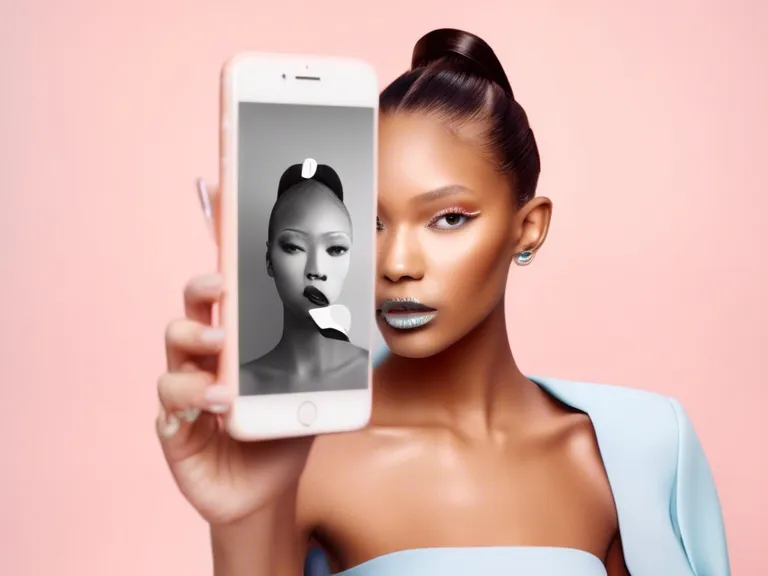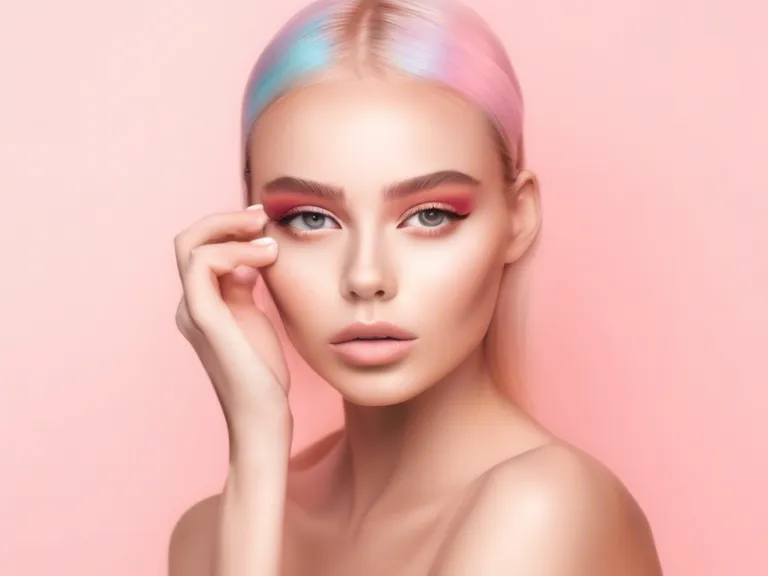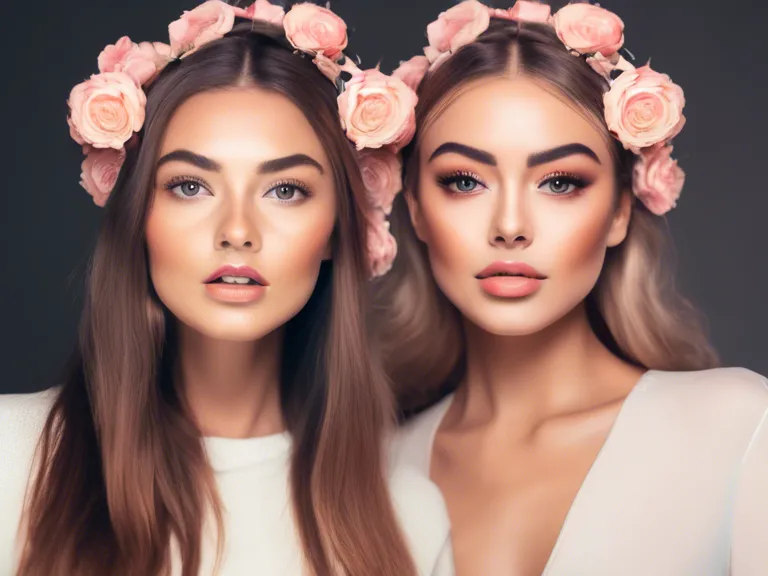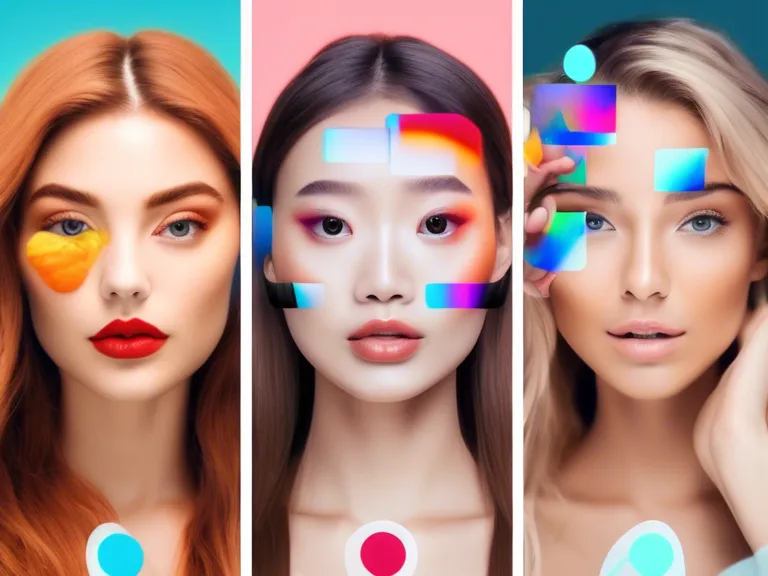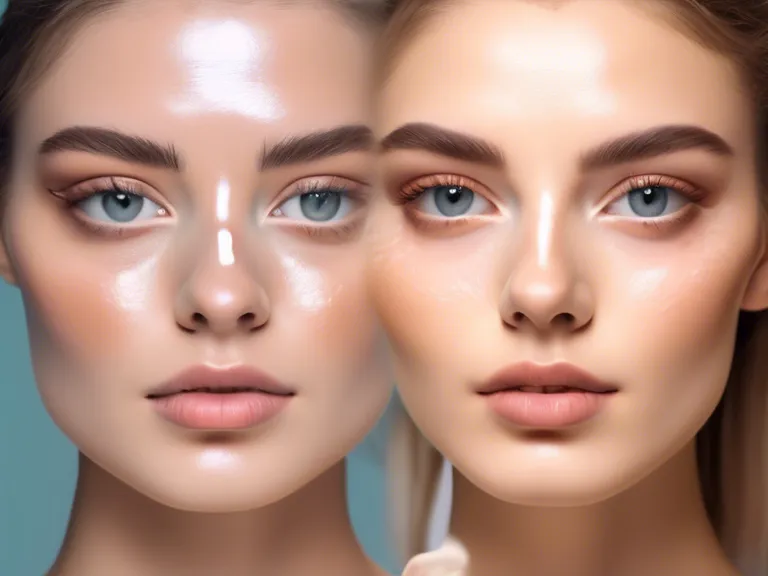
The Influence of Beauty Filters on Self-Image: Future Trends and Impacts
Beauty filters have become a ubiquitous feature on social media platforms, allowing users to alter their appearance in real-time. While these filters can be entertaining and fun to use, they also have a significant impact on how individuals perceive themselves and others. The rise of beauty filters has raised concerns about their influence on self-image and well-being, especially among young people who are the heaviest users of social media. In this article, we will delve into the future trends and impacts of beauty filters on self-image.
One of the most concerning aspects of beauty filters is their potential to distort the perception of beauty. By constantly seeing perfected and digitally altered images of themselves and others, individuals may develop unrealistic standards of beauty. This can lead to feelings of inadequacy and low self-esteem, as they compare themselves to the filtered versions of themselves and others.
Moreover, beauty filters can also contribute to a phenomenon known as "Snapchat dysmorphia," where individuals seek cosmetic procedures to look like their filtered selves in real life. The normalization of digitally altered faces and bodies can perpetuate a distorted view of beauty and lead to a rise in body dysmorphia and other mental health issues.
As the use of beauty filters continues to increase, it is crucial to address the potential impacts on self-image and self-esteem. Social media platforms and technology companies have a responsibility to promote body positivity and realistic representations of beauty. Additionally, parents, educators, and mental health professionals play a crucial role in educating young individuals about the dangers of relying too heavily on beauty filters for self-worth.
In conclusion, the influence of beauty filters on self-image is a complex issue that requires thoughtful consideration and action. By raising awareness about the potential impacts of beauty filters and promoting positive self-image, we can strive towards a more inclusive and accepting society where individuals feel confident and valued for who they are, not how they appear in a filtered photo.
